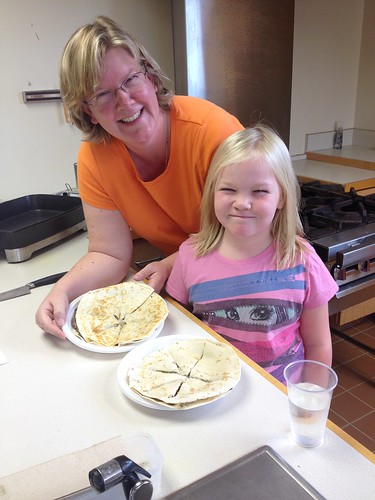
Since the economic downturn of 2008, sufficient access to healthy foods has been a serious problem for many Americans. As a result, more than 17 million households confront hunger throughout the year while more than 12 million children are obese.
To address these problems, the U.S. Department of Agriculture’s (USDA) National Institute of Food and Agriculture (NIFA) has worked with five other USDA agencies to develop science-based food and nutrition strategies. These agencies joined the Interagency Committee on Human Nutrition Research – a collaboration among the Departments of Commerce, Defense, Veterans Affairs, and Health and Human Services and several other government agencies – to develop the National Nutrition Research Roadmap (NNRR). This roadmap characterizes and coordinates federally funded nutrition research to identify future research needs and opportunities.
NNRR addresses three questions:
- How do we better understand and define eating patterns to improve and sustain health?
- What can be done to help people choose healthy eating patterns?
- How can we develop and engage innovative methods and systems to accelerate discoveries in human nutrition?
NIFA’s Agriculture and Food Research Initiative (AFRI) addresses these questions by funding projects through its Childhood Obesity Prevention (COP) Challenge Area. This program directs funding in nutrition-related research to address chronic disease and health disparities, especially in at-risk groups such as low-income and communities of color.
“These programs positively impact the eating habits of children and increase access to fruits and vegetables,” said NIFA National Program Leader Deirdra Chester. “Knowing that our programs ultimately result in improved health outcomes is a great feeling.”
All of NIFA’s COP projects over the last five years address the goals of the 2010 Dietary Guidelines for Americans, such as Building Healthy Eating Patterns and Helping Americans Make Healthy Choices. For example, the AFRI COP program funds iCook 4-H, which increases quality family mealtimes by teaching cooking skills to youths paired with their primary meal preparers.
Other NIFA grantees are discovering that small changes in the cafeteria environment can greatly impact eating behavior. As part of the Smarter Lunchrooms Movement, Cornell University researchers are testing the impact of low- or no-cost changes such as food presentation and location, descriptive naming of healthier food options, and changes in payment mechanisms. Fairleigh Dickinson University (Teaneck, N.J.) researchers are examining whether healthier college meal plan defaults can prevent college freshmen obesity.
“These are just three of NIFA’s many health and nutrition research programs that are hitting the mark where they need to,” said NIFA Deputy Director Denise Eblen. “NNRR is a ‘roadmap,’ and it looks as though we’re on the right road.”
NIFA invests in and advances agricultural research, education and extension and seeks to make transformative discoveries that solve societal challenges.



